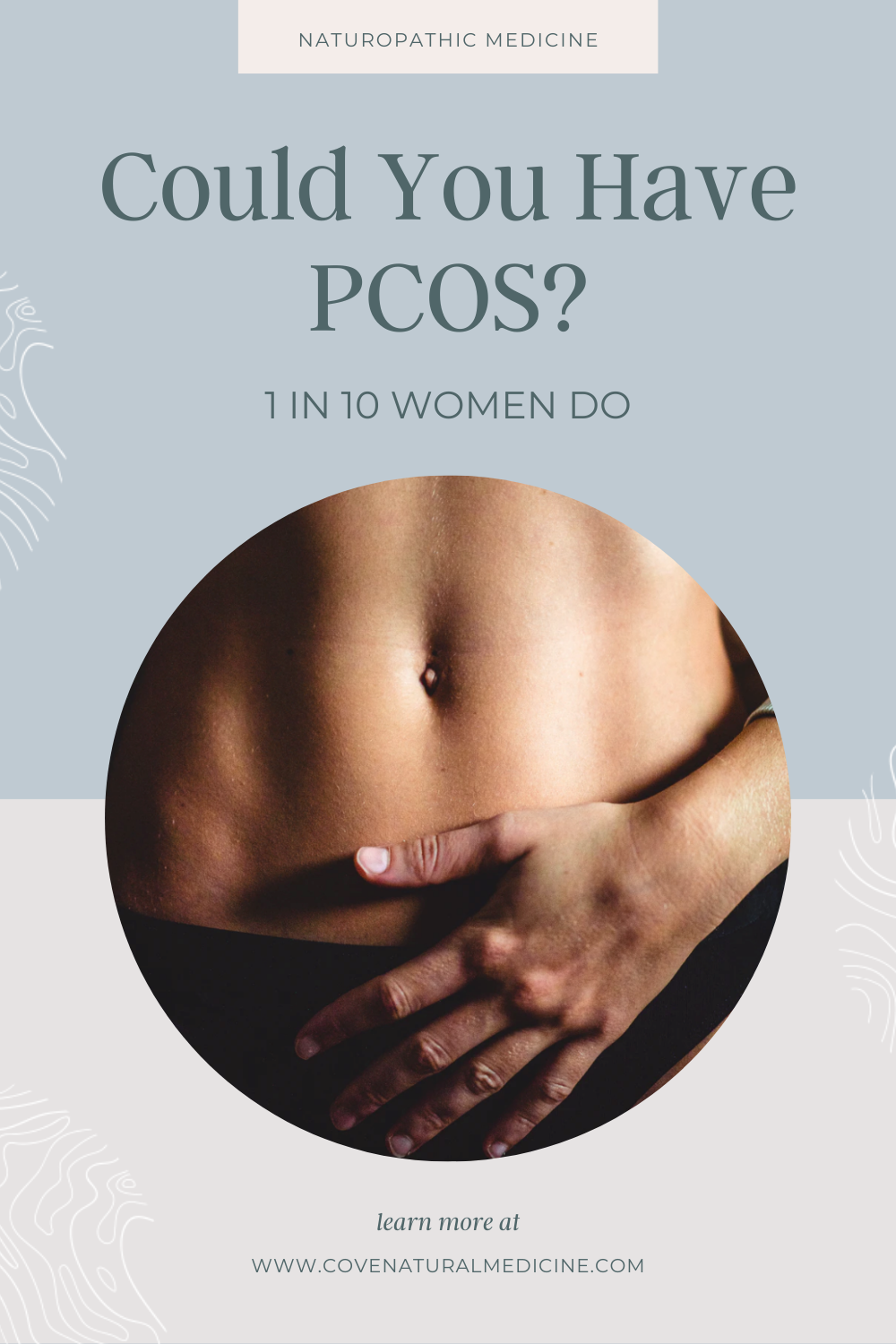Understanding The Basics of PCOS
Polycystic Ovary Syndrome, often known as PCOS, is the most common hormonal related disorder in women of reproductive age and a leading cause of infertility, affecting nearly 10% of women globally. The cause of PCOS is somewhat puzzling but it is currently understood to be caused by a combination of genetic and environmental factors.
Common Symptoms of PCOS
There are several different clinical presentations of PCOS, but common symptoms include:
Menstrual Irregularity
Infertility
Acne
Excessive hair growth on the face, nipples, abdomen & thighs
Thinning hair or balding
Weight changes
Mood changes
Diagnosing PCOS
In 2003 a consensus was reached for the PCOS diagnostic criteria, now known as the Rotterdam Criteria. A diagnosis for PCOS can be made when 2 of the 3 criteria are met.
Oligo or Anovulatory Cycles
This is characterized by a lack of ovulation or prolonged menstrual cycles that are consistently longer than 35 days.
Hyperandrogenism
Androgens are male sex hormones. With hyperandrogenism, there are increased levels of these male hormones, which may cause acne, thinning hair and hirsutism, which is excessive facial or body hair. Hyperandrogenism may be determined with hormone testing or just by symptoms.
Polycystic Ovaries
Ovaries are viewed using transvaginal ultrasound. To be considered polycystic at least one ovary must have > 12 follicles or an ovarian volume > 10 ml.
Types of PCOS
Due to the complex nature of PCOS, it is now understood that there are various types of PCOS. Each type differs in its symptoms and thus differs in its treatment protocol. The different types of PCOS deserve their very own post, so stay tuned. In short, there are four types, each with a different combination of polycystic ovaries, anovulation, and hyperandrogenism.
Treating PCOS
Due to different types of PCOS, each requires its very own treatment approach. Very often it is important to address hormone balance, insulin resistance, stress, and chronic inflammation to improve symptoms. Far too often when a patient receives the diagnosis of PCOS, they are left to feeling hopeless and confused. That is why finding a doctor who can truly get to the root cause of your symptoms is key.
References
1. Azziz R. Epidemiology and genetics of polycystic ovary syndrome in adults. UpToDate. https://www-uptodate-com.nunm.idm.oclc.org/contents/epidemiology-and-genetics-of-the-polycystic-ovary-syndrome-in-adults?search=PCOS&topicRef=7385&source=see_link. Published February 2019. Accessed November 10, 2019.
2. Ehrmann et al. Diagnostic evaluation of polycystic ovary syndrome in adults. UpToDate. https://www-uptodate-com.nunm.idm.oclc.org/contents/diagnosis-of-polycystic-ovary-syndrome-in-adults?search=PCOS&source=search_result&selectedTitle=3~150&usage_type=default&display_rank=3#topicContent. Published 2019. Accessed November 10, 2019.
ABOUT THE AUTHOR
Dr. Hannah is a naturopathic doctor providing whole body adjunctive healthcare to patients in Maine and Massachusetts. She believes every patient has their own unique health journey, which influences her personalized treatment approach. She has a passion for helping women, mothers and families heal and thrive, all while uncovering the root cause of whatever ails them. Her goal is to empower and guide her patients on the path towards healing the mind, body and soul through natural methods of healing. Dr. Hannah sees patients locally in Portland, Maine. Through telehealth, she is happy to serve the people of Lewiston, Ellsworth, Belfast, Bangor, and all the towns in between! She now sees Massachusetts patients through telehealth as well!
DISCLAIMER
The information provided on or through this website is for educational and informational purposes only. This information is not a substitution for proper and personalized medical diagnosis or treatment. Always seek the advice of your physician or trusted healthcare provider before making an adjustments or changes to your healthcare regimen. Natural medicine is not inherently harmless, and therefore it is important to speak with your healthcare providers for personalized medical advice.

